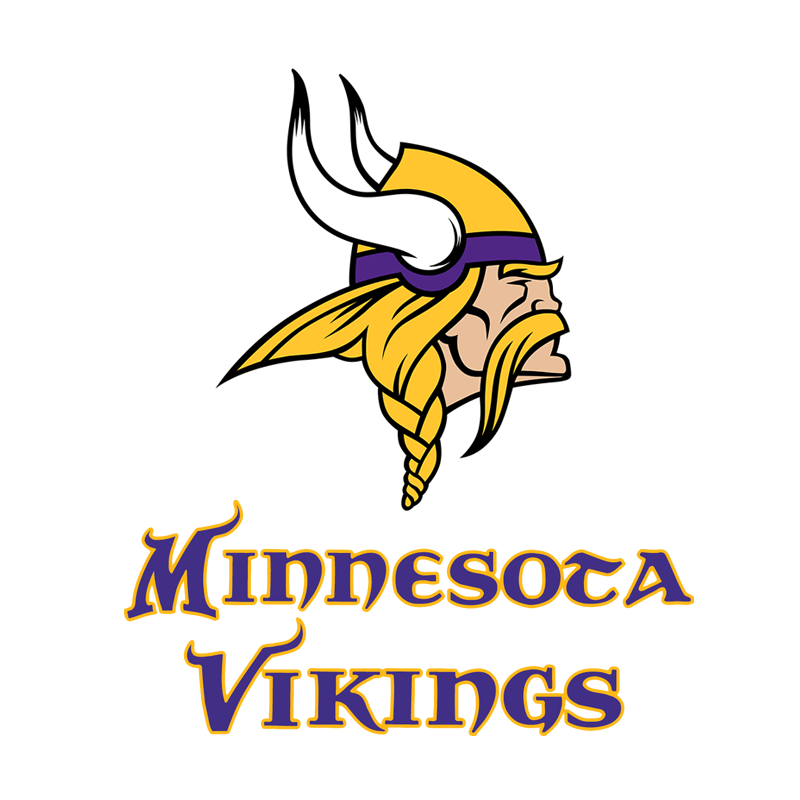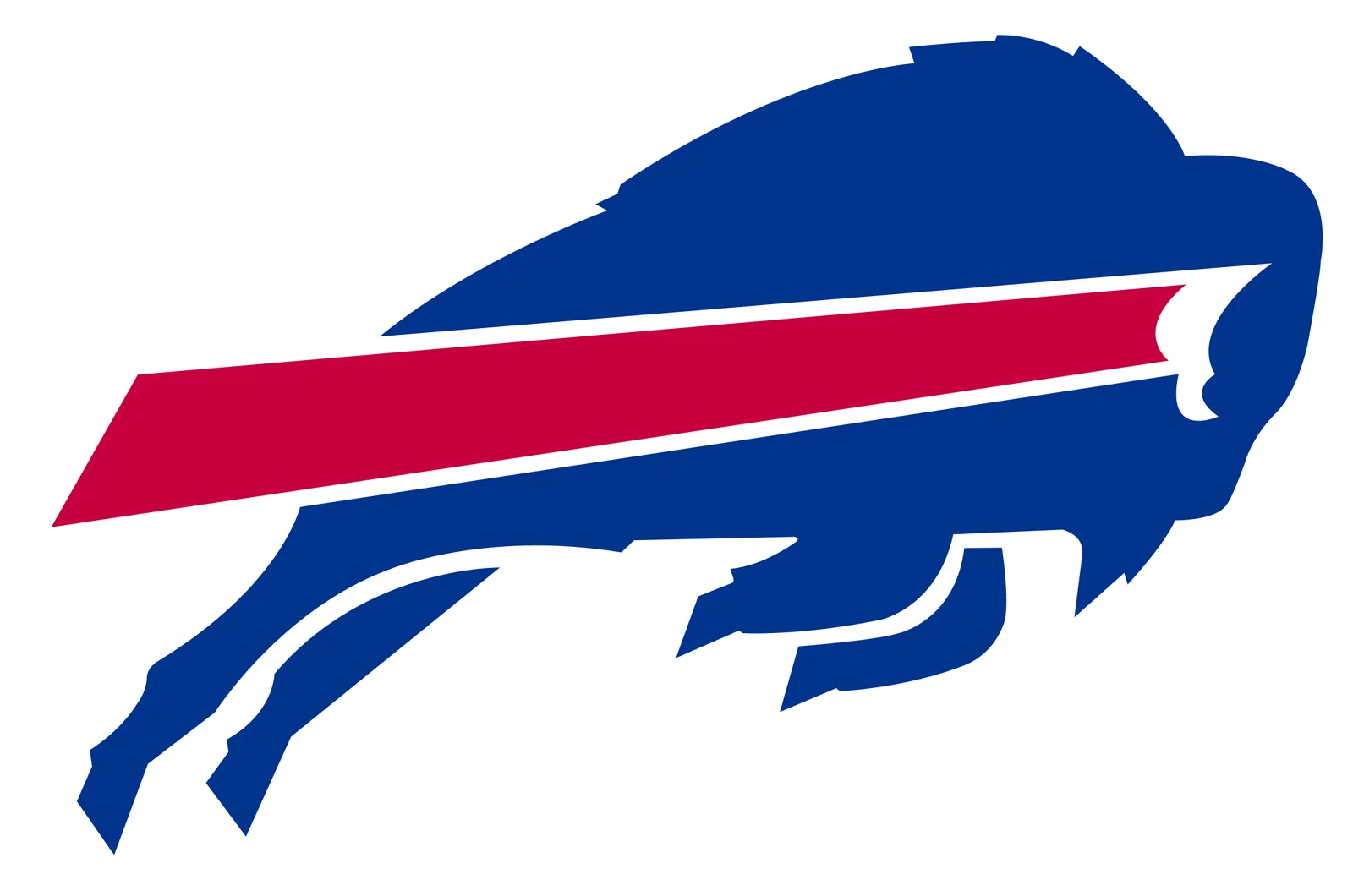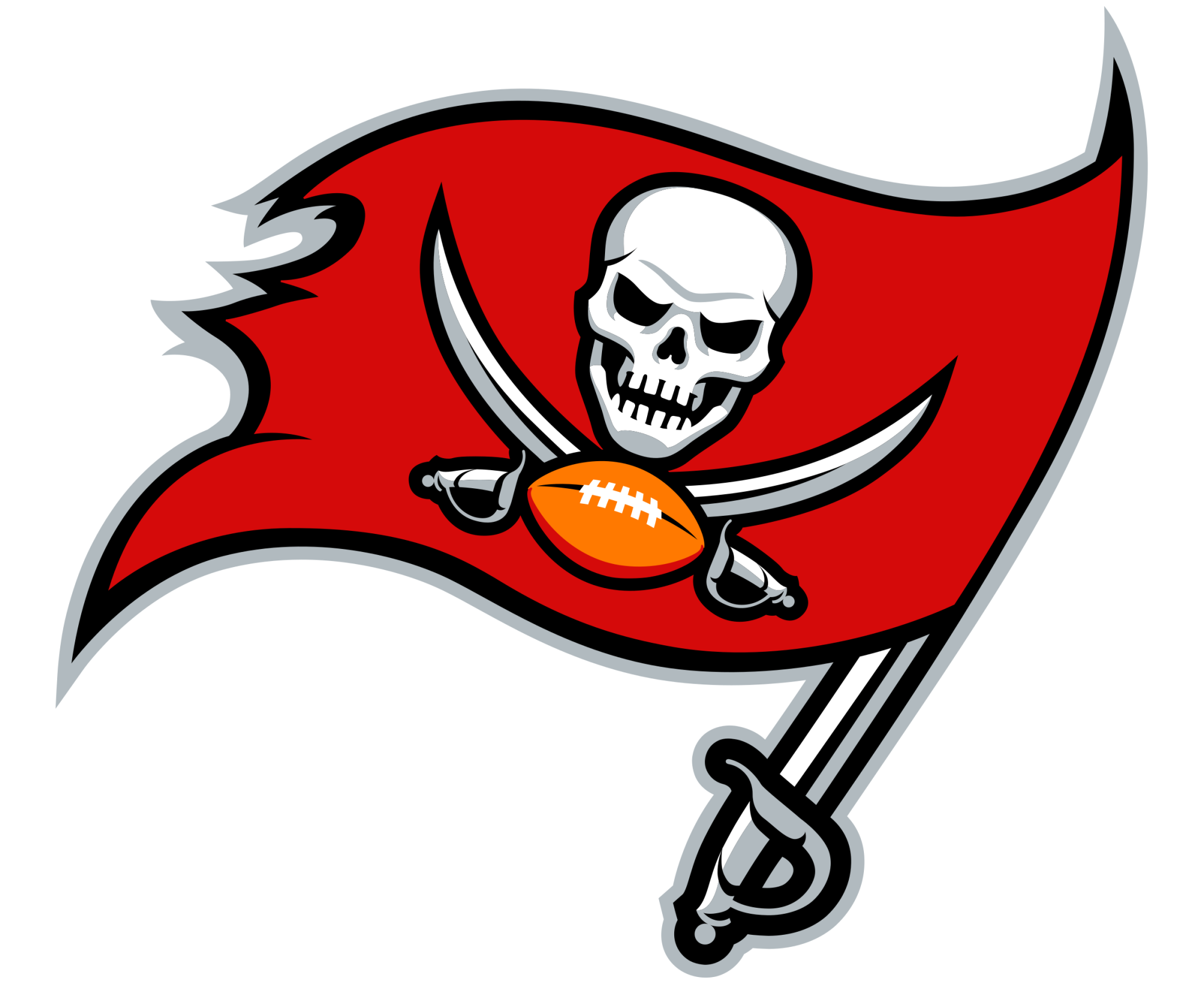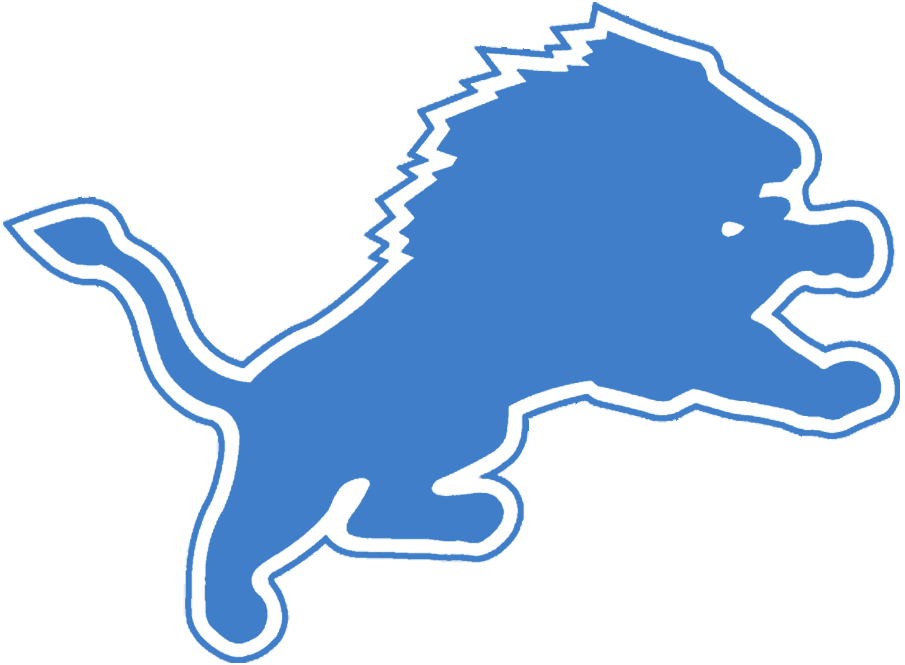Is Cam Bynum Shaking Up Kwesi’s Team-Building Philosophy?
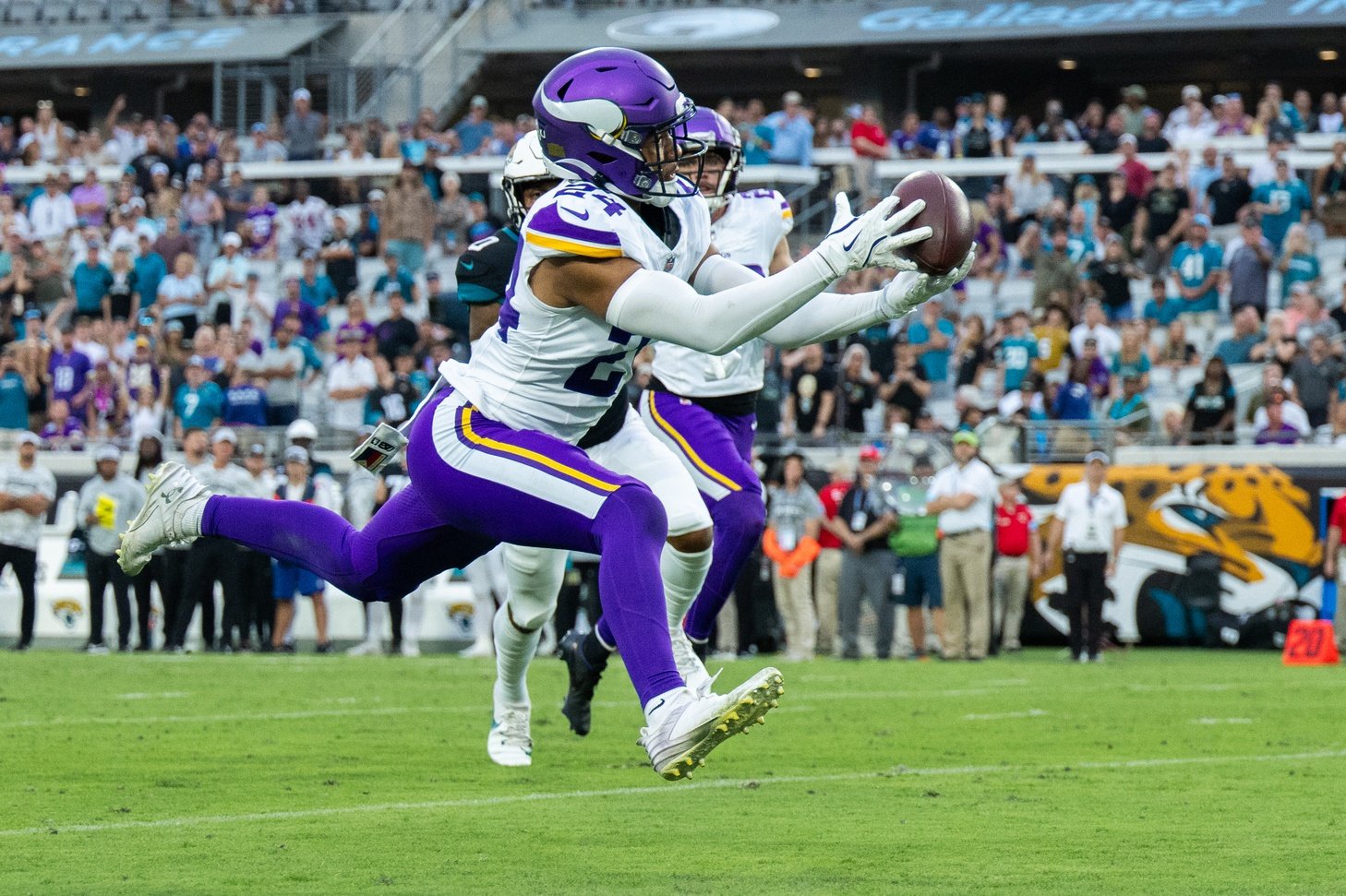
Credit: Jeremy Reper-Imagn Images
The Minnesota Vikings were clinging onto a narrow 12-7 lead against the Jacksonville Jaguars with 1:57 to play in regulation. Mac Jones and the Jags’ offense had just marched 27 yards down the field in under two minutes and already had the ball at Minnesota’s 43-yard line. This downtrodden 2-7 Jaguars team had a legitimate chance of securing a comeback victory against a playoff contender, until safety Cam Bynum decided to try out for wide receiver by sprinting down the field to catch an overthrown go ball intended for Gabe Davis.
MOOOOOOOOOOOOOVIE@cambeezy_
📺: @NFLonFOX pic.twitter.com/M22E4eU8aC
— Minnesota Vikings (@Vikings) November 10, 2024
Bynum has been balling out as of late, making his presence felt in coverage on the regular. He has registered a pass deflection in each of his last three games while being a sure tackler in space. He has been credited with 15 combined tackles while posting a PFF tackling grade of at least 80.0 during this three-game stretch. So far this season, Bynum has been Minnesota’s second-highest-graded safety to play at least 100 snaps, and he’s established himself as a reliable starter for the Vikings’ defense.
Set to hit free agency this offseason as one of the best available players at his position, Bynum should be able to command top-dollar for his services. This could present a problem for Kwesi Adofo-Mensah, who is known to be a tough negotiator and frugal in preserving the Vikings’ cap space. Allocating a significant amount of cap space to the undervalued safety position goes against the traditional moneyball philosophy that analytically inclined general managers tend to adopt. But Bynum’s performance is presenting a challenge to Kwesi Adofo-Mensah’s team-building philosophy.
Before we can discuss this, we have to go over what Kwesi’s team-building philosophy actually is. Before becoming Andrew Berry’s right-hand man as the Cleveland Browns’ Vice President of Football Operations, Kwesi served as the Director of Football Research and Development for the San Francisco 49ers. What does that entail? Essentially, his job was to collect and use data in a way the personnel department could use it to optimize their roster.
Like clockwork, Adofo-Mensah would spend thousands of hours painstakingly creating and trying to perfect these models, just to completely tear them down and start from scratch the following year. “You’re always modeling your process,” Adofo-Mensah said. “Process isn’t some stationary thing where you say, ‘I think I figured it out.’ It’s actually the opposite. When I was first in San Francisco building those models, we built them to actually tear them down every year.”
Kwesi’s analytical background has shaped his team-building philosophy in a big way. He views his Vikings as a model that completely changes every year. Players and coaches come and go, and everything from the previous year reverts to a clean slate. What makes Kwesi unique is that he doesn’t fear change, he embraces it. His team-building philosophy accounts for the fact that he won’t always be right about everything, so he ensures the team has enough cap flexibility and draft capital to navigate both current and future problems.
Part of that vision means setting a hard line where a player should be paid, and letting them walk if they want more. Look at last offseason with Kirk Cousins and Danielle Hunter, and you’ll see that. And those were, arguably, top players at two of the NFL’s most premium positions.
Kwesi’s team-building philosophy is more than just Moneyball, which started as finding inefficiencies to win on a shoestring budget. It centers around acquiring high-impact players on affordable contracts that fit within the team’s contention window, while ensuring they have the financial flexibility to prepare for unforeseen outcomes.
How does Bynum challenge this way of doing things? If the Vikings were letting their top quarterback and edge rusher leave, they’re not going to have much problem with a safety testing free agency. Given the fact that the two sides did not agree on an extension prior to the season, it communicated that Bynum wasn’t a priority then, or that he was asking for a raise above Kwesi’s hard line.
However, just because Adofo-Mensah has built a reputation Moneyballing undervalued positions doesn’t mean he’s above extending safeties. Last offseason, Kwesi gave Josh Metellus a two-year, $13 million deal, and while Harrison Smith restructured his contract in 2023, his cap hit is still at $7 million-plus.
Because of this, we can’t rule out Bynum’s representatives and the Vikings’ front office reaching an agreement, but if they do, Kwesi would be wise to consider cutting costs elsewhere. Harrison Smith is 35 years old, and he hasn’t been the same player he once was. A potential Bynum extension could lead to a passing of the torch at safety. But that’s just one option, and the point of Kwesi’s front office is that options are good. It’s why you work for flexibility to begin with. Bynum’s play stellar play as of late has created a good problem that Kwesi can find a solution for.
Up Next

